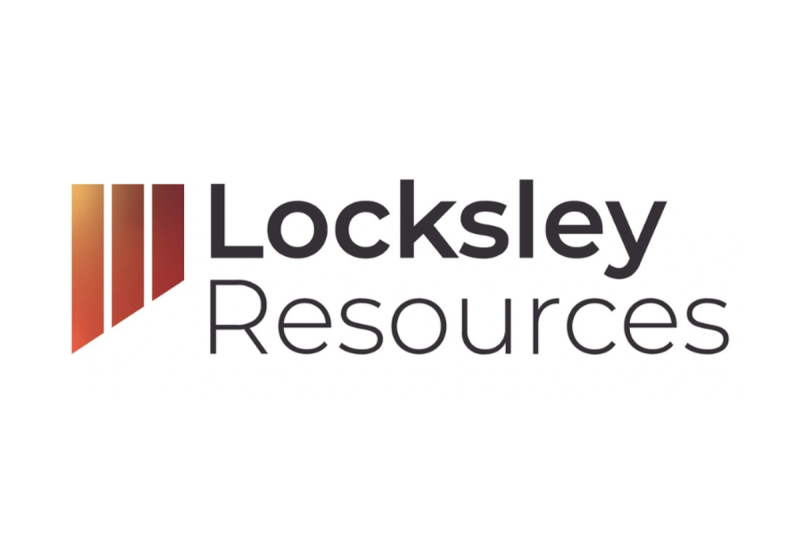
Columbia Partnership Accelerates U.S. Rare Earth & Critical Minerals Processing Strategy
Locksley Resources Ltd (ASX: LKY, OTCQX: LKYRF, FSE: X5L) (“Locksley” or the “Company”), is pleased to announce it has formalised a research collaboration with Columbia University, one of the United States’ premier institutions in sustainable mineral processing, to advance next-generation recovery and separation of REEs and other energy and technology critical metals from geologic resources in the Mountain Pass region, California.
HIGHLIGHTS
- Locksley Resources enters into a Sponsored Research Agreement with Columbia University to develop advanced, sustainable processing technologies for Rare Earth Elements (REE) and critical metal recovery
- Research will integrate AI-driven ore characterisation, innovative electrochemical recovery, and CO2 assisted mineral processing to address limitations of traditional, non-U.S. processing methods
- Program complements Locksley’s existing green DeepSolv antimony processing partnership with Rice University, establishing a unified, dual-commodity U.S. technology development strategy
- Techno-Economic Assessment (TEA) and Life-Cycle Analysis (LCA) will underpin recommendations for scalable, low-impact pilot pathways in the U.S.
- Research focus areas align directly with critical funding mandates from the Department of Energy’s (DOE) recent US$355 million funding announcement. Including the US$80 million “Mine of the Future – Proving Ground” initiative, supporting development, processing innovation, and sustainable mining technologies
The research program will be led by Professor Greeshma Gadikota, Director of the Lenfest Centre for Sustainable Energy at Columbia University and a leading researcher in electrochemical and CO assisted mineral processing technologies.
Professor Greeshma Gadikota, Principal Investigator at Columbia University, commented:
“Our team is excited to collaborate with Locksley Resources on developing scalable, low impact pathways for rare earth recovery. The combination of advanced electrochemical science, Artificial Intelligence (AI) assisted resource mapping, and industry aligned pilot design, offers a transformative route toward sustainable critical minerals production in the U.S.”
Program Overview
The collaboration will develop an integrated technology platform for the advanced characterisation, recovery, and separation of REEs and transition metals from carbonatite, monazite, and silicate ores within the Clark Mountain District, the geological district that hosts both the El Campo Prospect and the adjacent Mountain Pass Mine.
The project includes three principal aims:
- Characterisation of Ores: Detailed mineralogical, compositional, and morphological studies of REE-bearing ores using advanced spectroscopy and microscopy to inform processing design.
- Technology Development: Creation of tuneable electrochemical and CO2 assisted leaching systems for >80% dissolution efficiency, followed by pH-swing and sorbent- based selective recovery of REEs and co-metals.
- Field Deployment Strategy: Integration of TEA and LCA to identify scalable, low impact pilot pathways for mine-to-material deployment.
Columbia will also utilise AI-enabled ore mapping and low impact mining technologies, including selective trenching systems, autonomous precision cutters, and AI-driven rock recognition, to evaluate novel “Mines of the Future” concepts under active U.S. Department of Energy and ARPA-E frameworks.
Locksley will advance project funding of US$150,000 over the next 12 months to support the development of the intellectual property under the Agreement.
Strategic Importance
This collaboration expands Locksley’s established U.S technology platform alongside Rice University’s DeepSolv DES processing program, broadening the Company’s U.S. university partnerships to encompass both antimony and rare earth elements, two critical minerals central to American supply chain independence.
This strategic positioning is further strengthened by the recent DOE’s US$355 million funding announcement supporting domestic critical minerals production, sustainable mining technologies, and pilot-scale processing development. Many of Columbia program’s key research workstreams, including electrochemical extraction, AI-enabled ore mapping, and TEA/LCA frameworks are directly aligned with the objectives of the DOE initiatives.
Click here for the full ASX Release
